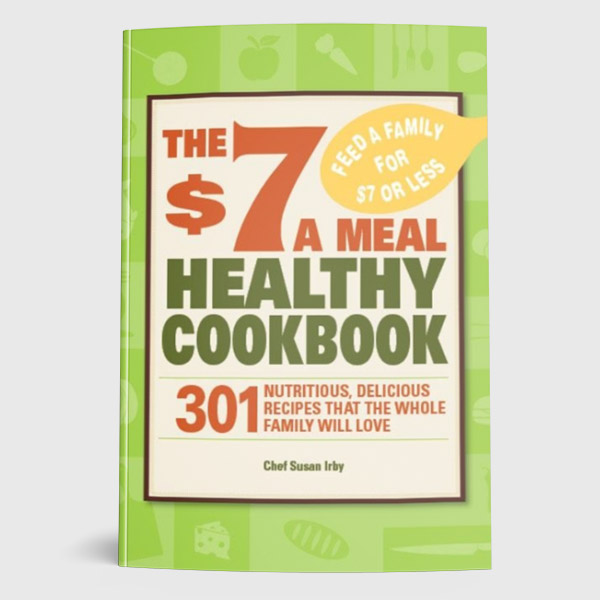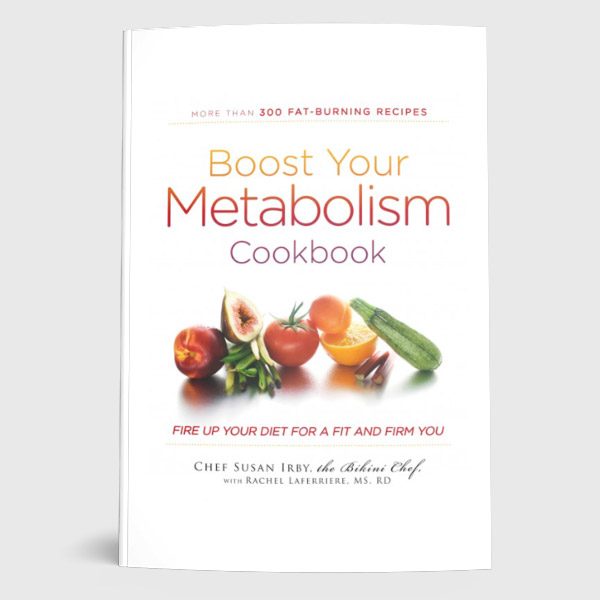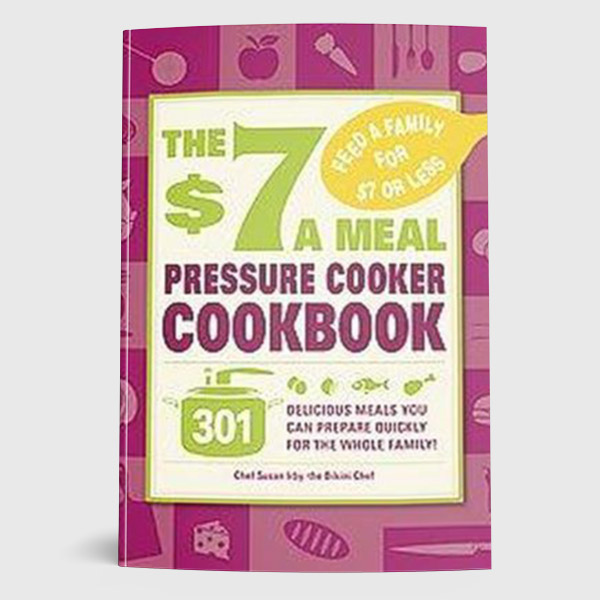Soy: The Good, the Bad and the Best
Soy products seem to be growing in popularity in the United States, however, there are a few big controversies over soy. How safe is soy? And how much should you be eating? Can men eat soy? Let’s take this lifestyle post to sort the soy! These days soy can be found all over the place … soybeans, soy milk, soy cheese, and the entire spectrum of soy products. Below are some of the top concerns of soy.
PROS:
1. Heart: You may be able to significantly lower your “bad” LDL and total cholesterol levels by eating 25 grams of soy protein each day (e.g., about 1⁄2 cup soy nuts; 11⁄4 cups of tofu or edamame; 31⁄2 cups soymilk), suggests a review of 30 studies. According to one hypothesis, soy protein directly lowers cholesterol levels by helping the liver clear more LDL from the body, says Mark Messina, Ph.D., adjunct associate professor at Loma Linda University and executive director of the Soy Nutrition Institute. You reap an even greater heart benefit when you replace meat and full-fat dairy with soy as you’ll naturally eat less saturated fat-and research shows that saturated fat increases LDL.
2. Menopause: Good news, ladies! A new analysis of 17 studies-presented at the international soy symposium in October 2010-shows consuming isoflavones from soy (compounds that act as weak estrogens) cuts both the frequency and severity of hot flashes in half.
3. Prostate: Studies in Asia show that men who consume about two servings of soy per day are about 30 percent less likely to develop prostate cancer than those who eat less. And for men who already have prostate cancer, preliminary research suggests that soy may inhibit the progression of the disease.
CONS:
1. Thyroid: Soy is high in isoflavones, compounds that may inhibit the body’s ability to make thyroid hormones, which play a role in controlling everything from metabolism to body temperature. Some studies suggest that over time, soy could cause thyroid problems, such as hypothyroidism (a condition characterized by weight gain, fatigue and cold intolerance). Other studies, however, say that soy only affects thyroid function when a person is low in iodine-a deficiency rare in the U.S.
The Bottom Line About Soy
A little soy each day can be good for you. Most experts recommend eating just one to two servings a day. (One serving = 1⁄2 cup tofu or shelled edamame or 1 cup soymilk.) You can be a bit more liberal with fermented soyfoods like tempeh and miso as fermentation helps neutralize the calcium-interfering phytic acid in soy.














